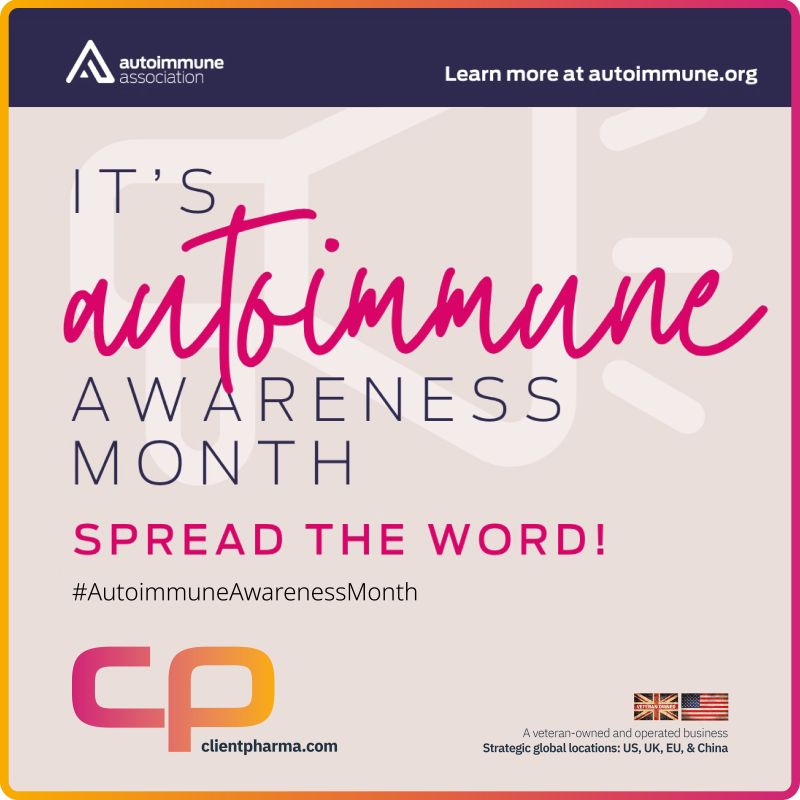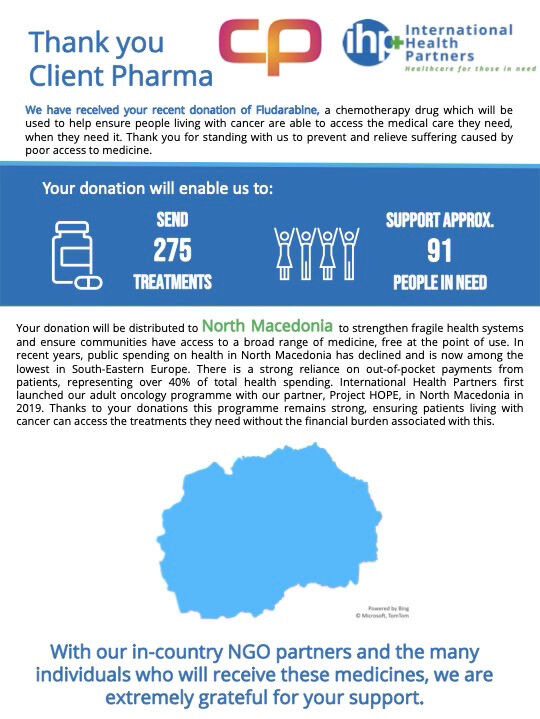In recent years, drug prices have come under increased global scrutiny. As globally people live longer and cures for previously incurable conditions are found, the need for affordable and timely access to medicine has never been more essential.
Although the price of medicine is not strictly within the remit of regulatory bodies, drug regulators can play a role in the price of pharmaceuticals. But how effectively is this role being used and what interventions can be used to drive down the price?
A paper co-authored by the European Medicines Agency’s (EMA) Executive Director Guido Rasi, its Senior Medical Officer Hans-Georg Eichler, the Executive Director of Dutch Medicines Evaluation Board Hugo Hurts, and the President of the German Federal Institute for Drugs and Medical Devices Karl Broich discusses what can done, outlining strategies to help combat the ever-increasing price.
There are a number of factors that drive up the price of pharmaceuticals. For example drug safety and rigorous clinical trial standards within pharmaceutical research and development mean that trials take longer and profits can be markedly reduced. Pharmaceutical executives have also admit to pushing prices to the limits of the market to work for the interests of the business.
So what steps can be taken?
- Rapid approval of generics and biosimilars to facilitate competition and lower prices.
- Ensure that me-too products continue to come on the market at a reasonable speed; driving down prices and increasing availability.
- Encourage clinical trials that measure drug value. This will enable those paying for drugs to assess their value and determine how much they should pay for a given drug.
- Facilitate collection of additional data of importance to payers. This could include post-approval studies conducted by pharmaceutical companies which tie a drug’s price to the outcomes achieved.
- Improve efficiency of clinical drug development, trials and licensing. This can reduce costs.
The authors of the paper concluded that ‘We firmly believe that assessment of quality, safety, and efficacy should remain separate from pricing and reimbursement decisions’. However, they added that they are committed to ensuring patients have access to effective and safe treatments while facilitating reduction in cost.









